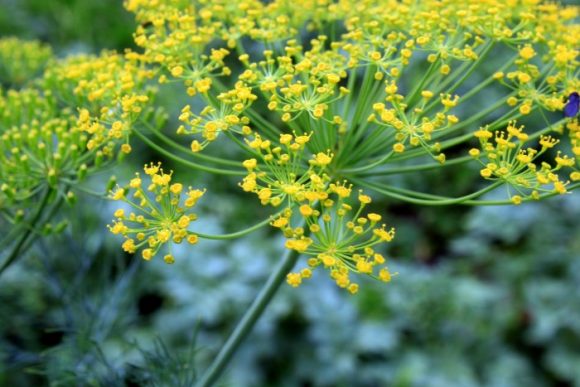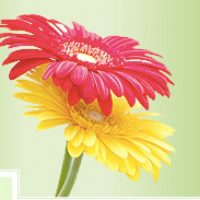All posts tagged dill
Dill Health Benefits And Uses
Dill or anuthem graveolens is a hardy, annual herb in the celery family. It is native to Southern Russia and the Mediterranean. Dill has been used for warding off evil by traditionalists and for medicinal purposes by herbalists for more than 2,000 years. Its medicinal properties come from the amino acids, flavonoids, and minerals it contains. Here are dill health benefits and uses: Continue reading [...]
How To Use Dill Flowers As A Culinary Delight
Anethum graveolens, commonly known as dill or dill weed, is a fast-growing annual herb that can complete its growth cycle in as little as 2 months. The lanky-looking plant with fernlike features you see today in grocery stores was so precious that it was normally kept under lock and key. Dill’s flowers, leaves, stems, and seeds are all edible. This article will show you how to use dill flowers as a culinary delight. Continue reading [...]

